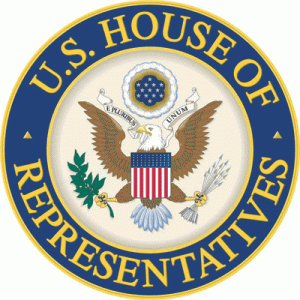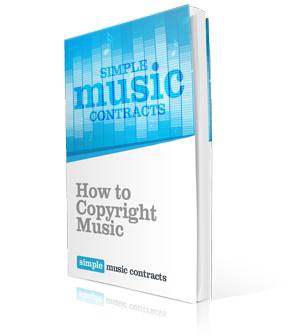 One of the most controversial bills concerning Internet piracy to ever go before congress is currently awaiting final judgment by a House of Representatives judiciary committee. The Stop Online Piracy Act (SOPA) had been in committee for two days in markup phase on Friday when the committee decided to reconvene tomorrow.
One of the most controversial bills concerning Internet piracy to ever go before congress is currently awaiting final judgment by a House of Representatives judiciary committee. The Stop Online Piracy Act (SOPA) had been in committee for two days in markup phase on Friday when the committee decided to reconvene tomorrow.
The bill is an anti-piracy bill aimed at foreign rogue websites, but will have severe impact on all U.S. websites if it is passed. The markup phase is a time of lobbying and influencing the language of a bill before the bill is introduced. While SOPA has strong support on both sides of the aisle in Washington, many activist groups are against the bill and feel that the language in the bill will inherently lead to widespread censorship on the Internet. While many amendments introduced for the bill were voted down, the chairman of the committee, Rep. Lamar Smith (R-Tex.), agreed with the bill’s opponents that a report on the impact the bill would have on cybersecurity would be a good thing.
A closely related bill—the Protect IP Act (PIPA)—is set to be voted on in the Senate on January 24, one day after lawmakers return from holiday vacation. Essentially, the bill allows U.S. law enforcement and copyright holders to obtain court orders against websites they perceive as committing copyright infringement. Additionally, it could stop search engines from listing results from such sites, and could stop payment sites like PayPal from doing business with these sites. For example, Facebook could be held responsible for a user that posted a link to copyrighted material. Naturally, this would lead to sites like Facebook adding more stringent rules about what can be posted on a user’s page. Another facet of the bill would make unauthorized streaming of content a felony, though this language is mainly targeted at websites that make a large amount of copyrighted content available for streaming.
Tech companies and freedom of speech advocacy groups are among the biggest opponents of the bill. Sergey Brin, co-founder of Google, is among the outspoken opponents, and posted a statement on his Google+ page Thursday regarding the issue.
“Imagine my astonishment when the newest threat to free speech has come from none other but the United States,” Brin said. “Two bills currently making their way through congress – SOPA and PIPA—give the U.S. government and copyright holders extraordinary powers including the ability to hijack DNS and censor search results (and this is even without so much as a proper court trial… I am shocked that our lawmakers would contemplate such measures that would put us on a par with the most oppressive nations in the world.”
During the aforementioned judiciary committee hearing, Smith, who also is the lead author of the bill, said the biggest Internet companies are not doing enough to stop piracy.

